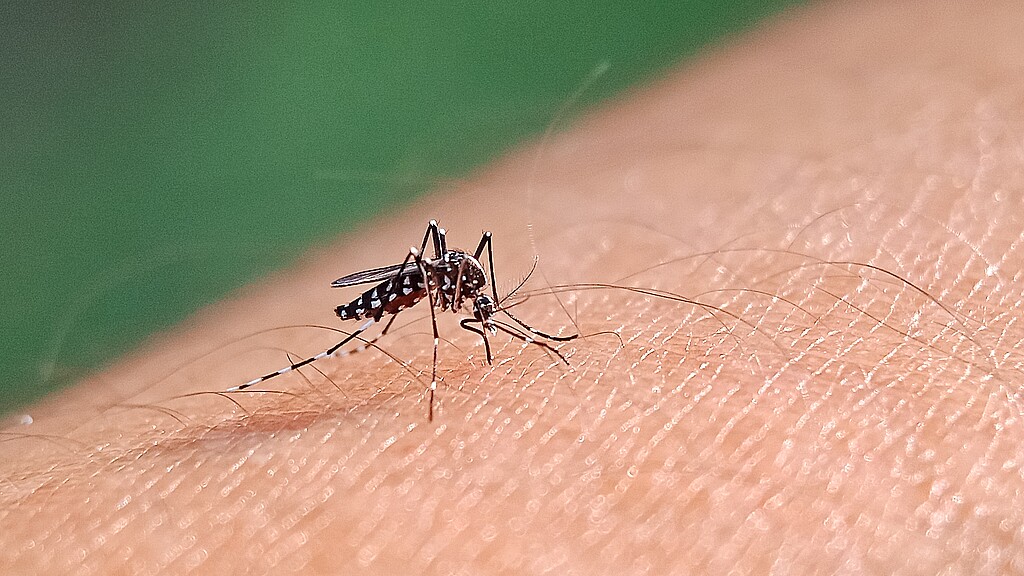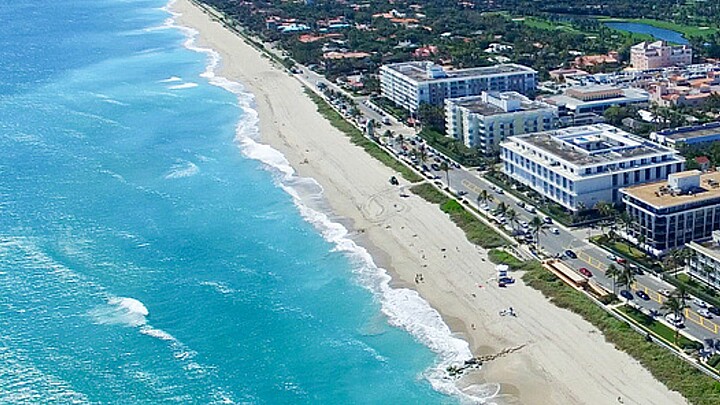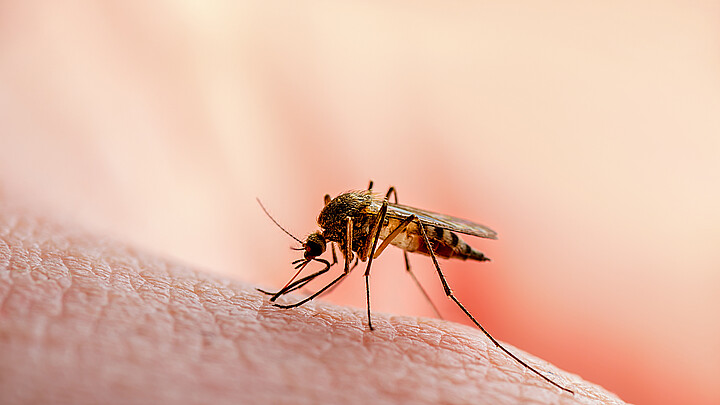Health
From communist Cuba to Florida: How dengue travels to the Sunshine State
In the United States, dengue is the leading cause of febrile illness among travelers returning from the Caribbean. The Cuban regime has a history of downplaying positive cases to health organizations.

June 5, 2024 1:29pm
Updated: June 5, 2024 1:30pm
Oropouche fever, a rare viral disease transmitted by mosquitoes and typically found in the Amazon region, was detected in Cuba for the first time last month. Cuba's health ministry initially reported discovering cases of the Oropouche virus in two cities in the Santiago province and other cases in Cienfuegos.
Still, recent reports have revealed that the Oropouche virus has now spread to Mayabeque, near Matanzas, although local health authorities have avoided disclosing the number of people infected. Dr. Ramón Aguilar Castillo, the region's Public Health director, said the virus has been present in both the southern areas, but did not provide details on the number of people affected, as reported by a local Cuban radio station, Radio Mayabeque.
The Cuban regime claims that efforts are underway to implement measures to stop the spread of the Oropouche virus by fumigating affected communities and urging the public to 'cooperate' with efforts and eliminate dumping sites.
Meanwhile, authorities in Havana and other cities have allowed Cuban towns to drown in waste for years, leading to complaints from Cubans, who are enduring a high number of rodents, mosquitoes, and other diseases such as dengue and leptospirosis, which can cause serious health problems and even death.
The spread of the virus comes when other provinces, such as Isla de la Juventud, face a complex epidemiological situation due to the spread of dengue, a virus that spreads through the bite of an affected mosquito.
Dengue: The leading cause of febrile illness among U.S. travelers returning from the Caribbean
Each year, Cuba reports thousands of dengue cases, which has led to a dramatic increase in reported cases in Florida. The Florida Health Department reported that 54 of the dengue cases in Florida in May were from individuals who had traveled to Cuba within two weeks before their symptoms began.
Thirty-eight cases were from travelers to Brazil, another country with high rates of cases.
However, the Cuban regime has a history of downplaying positive cases to health organizations. In 2022, Cuba recorded up to 11,634 reactive cases of dengue up until August 24th, 2022, the Ministry of Public Health confirmed at the time. The number was almost four times more than the positive cases reported in the year's first half (3,036).
Yet the Cuban regime only reported 3,036 laboratory-confirmed dengue cases to PAHO in 2022, similar to what was reported in 2019. This is "inconsistent with the number of cases we detected from Cuba using travel surveillance," a 2023 scientific investigation made possible by the National Institute of Allergy and Infectious Diseases of the National Institutes of Health (NIH) found.
In fact, in November 2022, two young Cubans died from complications related to dengue in the municipality of Baracoa, in the province of Guantánamo, according to social media reports from close contacts, and in 2023, a 10-year-old Cuban boy, Yahicel Vilche Rosales, died on September 3rd due to a dengue infection in Guanabacoa, Havana.
Still, a European Centre for Disease Prevention and Control report shows no cases reported from 2023-2024.
A previous investigation also discovered an unreported Zika outbreak in Cuba in 2017, and another scientific report concluded, by examining potential source locations for the travel-associated Zika cases in 2017, that, between June 2017 and October 2018, more than 98% came from Cuba.
As Cuba sees a resurgence in dengue cases in 2024, health authorities in Florida warned at the end of May of increased dengue cases reported in the state. The virus is mainly associated with travelers who have contracted it during their trips to the Caribbean, in countries such as Cuba and Haiti.
Dengue cases in Florida have more than doubled compared to last year. So far, 164 cases have been reported, of which only six were unrelated to international travel.
Miami-Dade County, where many Cuban Americans reside, became the epicenter of the outbreak in the state, with 74 recorded cases, representing approximately 41% of the total cases in Florida. Although the virus had an earlier presence in Florida, it was eliminated from the United States several decades ago.
Since then, a few cases have been reported yearly in individuals with a recent travel history to a dengue-endemic country, Florida Health Department explains. Until 2009, there were no reports of dengue acquired in Florida since 1934.
However, according to health authorities, cases have increased in Florida, and are linked to travel abroad.
In 2022, the CDC published a report discussing the increasing numbers of travelers returning from Cuba with dengue virus infection, which were reported to the GeoSentinel Network from June to September 2022, reflecting an ongoing local outbreak. That same year, Spain also reported increased dengue cases and concluded they originated from Cuba.
Theories on how the virus is spreading
As for the Oropouche virus, now detected in Cuba, it is mainly spread by a species of biting midge called Culicoides parabens and Culex quinquefasciatus mosquitoes. While Culicoides paraensis has not been identified in Cuba but is present in the Americas region, Culex quinquefasciatus mosquitoes are standard on the island.
Breeding in water sources, including sewage and contaminated water, poses risks due to poor hygiene practices.
Despite these developments, Cuban health authorities have not disclosed the number of individuals diagnosed with this illness. They have also yet to disclose how the virus spread between these regions, whether through contact with mosquitoes or if these cases originated locally.
According to Dr. Francisco Durán García, the national director of Epidemiology, no severe, critical, or fatal cases have been reported so far, he said on National Television.
In the Americas, multiple outbreaks of Oropouche virus disease (OROV) have been reported in rural and urban communities across Brazil, Ecuador, French Guiana, Panama, Peru, and Trinidad and Tobago, according to PAHO.











